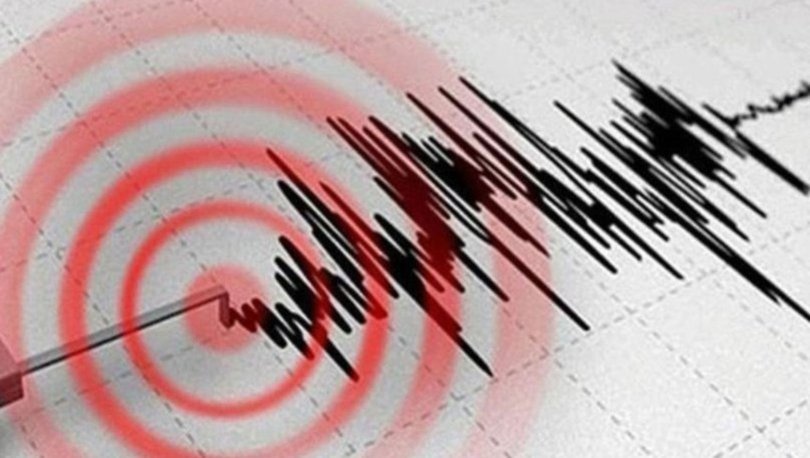Obviously the earthquake is an enormous human tragedy and we all need to do our best to provide support and aid to the country. There are some excellent charities already active, and I can share the links of the ones I have used/interacted with.
I am getting lots of questions now around the economic and broader political/geopolitical impacts, so thought it might be useful to put some of these down on paper. TBH its so unclear/uncertain at this stage that it is just guess work – and with that huge caveat, here goes:
The seismic severity of the earthquake is equivalent, if not higher than 1999, and the human cost could be as big if not, unfortunately, bigger. The Istanbul earthquake did though hit close to the economic heart of the country, covering an area which contributed something like 35% of national GDP. This time around the impact is in a poorer, less economically developed part of the country – I have seen analysis suggesting something like 10% of national GDP generated by impacted areas.
In terms of likely macro impacts:
* GDP growth will be impacted this year, lower, likely, albeit the impact might not be as significant as in 1999, and likely alleviated somewhat by rebuild/recovery spend now to year end. In 1999 real GDP contracted by 3.3%, after 3% growth the year earlier – and the earthquake hit in August, but the year after saw a sharp growth rebound to 6.9%. I guess the impact earlier in the year gives scope for more recovery rebound this year. The IMF WEO has a 3% growth assumption for this year, and my bias would be to think lower from that, but its finger in the air at this stage.
* Inflation likely will be higher, as shortages and supply disruptions weigh on already difficult inflation outlook in Turkey – caused by the unorthodox policy settings of the AKP administration.
* In the short term the BOP likely will be buoyed by aid flows to support disaster relief and recovery. The AKP government/CBRT have obviously been trying to defend the lira in the run up to May 14 elections, and their war chest of $125bn in FX reserves will now be augmented by these flows. The Erdogan administration will hope these new aid flows help assure the stability of the lira in the run up to elections, and provide an anchor to push inflation lower. After elections I think the consensus is the lira is overvalued, as referenced by the wide current account deficit (5-6% of GDP), and with the nominal FX anchor and high inflation in real terms the lira is just getting much stronger, and less competitive. I guess the likely growth rebound with disaster recovery will just add to the current account deficit, and making the urgency of an FX adjustment, post election, that much more urgent.
Interesting to see the Turkish stock market react negatively in recent days, and in response to the earthquake. TBH Turkish stocks were already struggling against a range of factors before the earthquake, including positioning/valuations given a huge run up in value over the past year (stock have been used as an inflation hedge) and concern then about global beta given DM policy normalisation and perhaps uncertainty around the election – if the assumption is the lira will have to react post, election perhaps people wanted to take some risk off the table. Selling after the earthquake might just reflect increased uncertainty about the economic outlook, assumption of a negative growth impact plus perhaps the need for people to raise cash to cover disaster relief efforts.
Aside from the economic impact the other question is how far the earthquake will impact on the election, and also broader geopolitics.
On the domestic political impact the outcome of the May election was already very uncertain. We now have the uncertainty around the economic impact of the earthquake, and how this will be reflected on the popularity of the government. If the disaster response is strong, the ruling administration will be rewarded likely in the polls, if it is poor the opposite. Question also I guess whether people will question construction quality/planning and its impact on the death toll – will the government be blamed for this, and how far can it use state controlled media, and control of social media to manage the news flow. In 1999 the then coalition was seen to have had a poor disaster response and many blamed then for poor construction/planning and this was seen to be factor in their defeat in the 2001 election and the victory then of the now ruling AKP.
On the geopolitics, I think the assumption had been that if Erdogan had been lagging in the polls he might look to exploit tensions with the usual suspects – Greece, the EU and West – to win votes in the May election – but as with 1999, the support coming from many countries, and particularly allies and regional players, might serve to improve relations/ease geopolitical tensions. So actually now risks of regional geopolitical blow ups might be lower.
